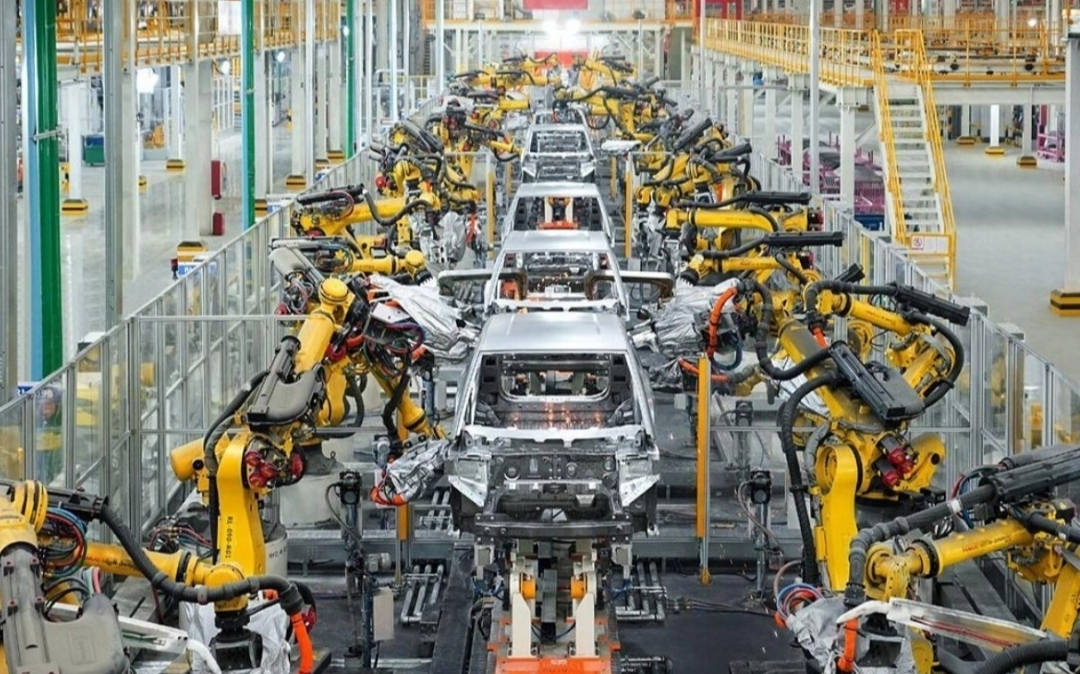Chinese Carmakers Outsmart EU Tariffs, Double Market Share in EuropeBYD Overtakes Tesla as Tariff Strategy Backfires
When the European Union introduced steep tariffs on Chinese electric vehicles last year—some as high as 35%—the goal was to shield its domestic car industry from aggressive pricing. But instead of retreating, Chinese automakers like BYD, Geely, and SAIC have adapted quickly and are now thriving in Europe, not just surviving.
Rather than pulling back, these brands shifted tactics. They ramped up exports of hybrid and gasoline-powered vehicles, which are not affected by the tariffs. They also targeted markets in southern Europe such as Italy and Spain, where traditional EU brands like Volkswagen and Peugeot hold less sway. The result? A dramatic increase in market share.
📊 Chinese car brands now command 4.9% of the EU’s car market, nearly double the 2.4% from April last year, with over 53,000 vehicles sold in a single month, according to JATO Dynamics.
Even more surprising, Chinese electric vehicle sales rose by 59% in April, outpacing the 26% growth of rival automakers. For the first time ever, BYD outsold Tesla in Europe, registering 7,231 electric vehicles compared to Tesla's 7,165.
Part of Tesla’s dip is attributed to backlash against CEO Elon Musk’s political statements, which may be influencing European buyers.
Ironically, while the EU aimed to promote clean energy, its tariff policy may have backfired. Many Chinese carmakers simply redirected focus toward hybrids and gasoline-powered cars, which now make up two-thirds of their sales in Europe, according to Schmidt Automotive Research.
A major competitive advantage? Speed. Chinese automakers can bring a new vehicle to market in just six months—far faster than the two years it typically takes German brands. This agility allows them to pivot quickly and meet evolving consumer demands.
Looking ahead, the outlook for Chinese brands in Europe is even more bullish. BYD is building massive factories in Hungary and Turkey, which will go online in 2026. Once operational, the vehicles produced there will be classified as "locally made," effectively dodging EU import tariffs altogether.
The message is clear: tariffs may slow down competition, but Chinese automakers are not just playing defense—they're playing to win.








Post a Comment